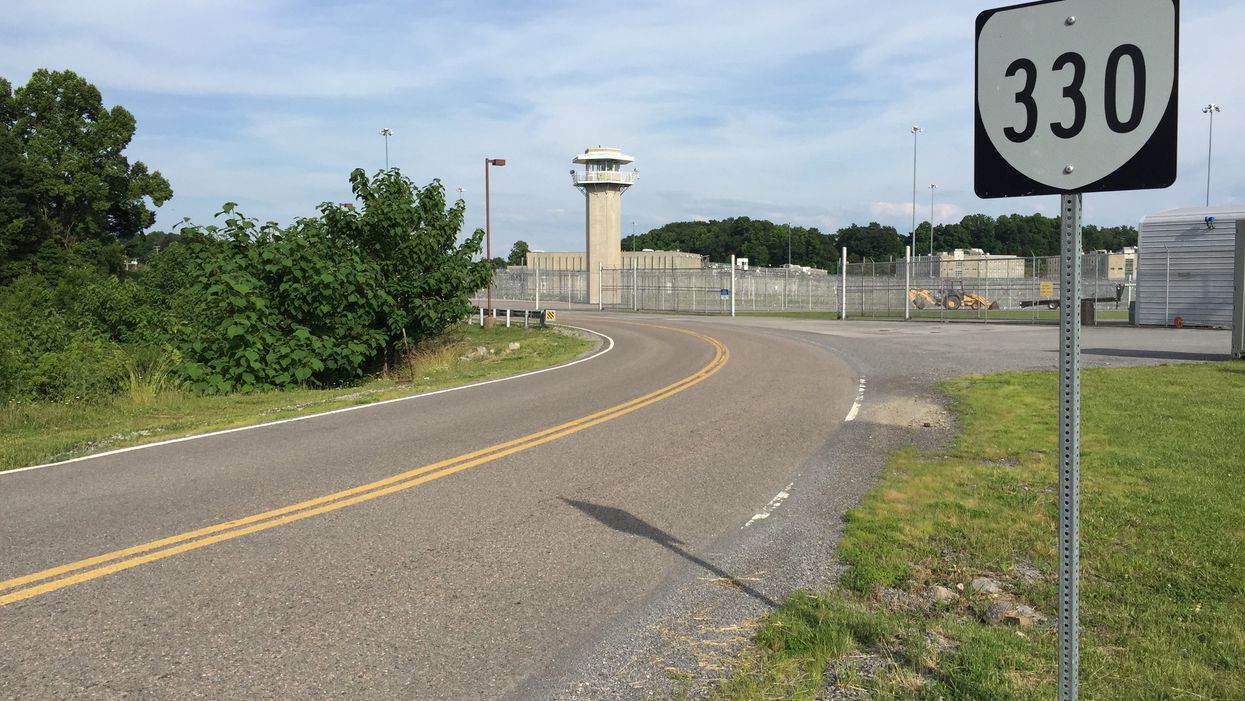Virginia prisoners will be counted in their home districts when congressional and state legislative maps are redrawn for the coming decade.
The state is about to become the ninth, and the third this year, to enact laws ending the practice known as "prison gerrymandering," the term coined by critics for counting inmates as residents where they are incarcerated instead of where they used to live.
Proponents of the change say the practice unfairly shifts power to rural districts at the expense of urban areas where a majority of the prisoners are from. But, to date, all the states that have made the switch are under Democratic governance.
Virginia's legislation moved through the General Assembly in February, soon after Democrats took total control of Richmond for the first time since 1993. Gov. Ralph Northam agreed to sign the measure after a technical correction, which legislators made Wednesday.
Those representing areas where prisons are located have opposed such bills nationwide, saying their communities deserve a greater share of government services — often tied to the population totals reported by the census once a decade — because of the people housed in prisons.
Colorado and New Jersey also ended prison gerrymandering this year. Nevada and Washington did so last year. The states that have done so earlier are California, Delaware, Maryland and New York. Bills to reverse the practice died this winter in several states, however, including Connecticut and Oregon.
Some states have changed the way prisoners are apportioned only for legislative mapmaking, while others have made the switch for congressional and local line drawing.




















Trump & Hegseth gave Mark Kelly a huge 2028 gift